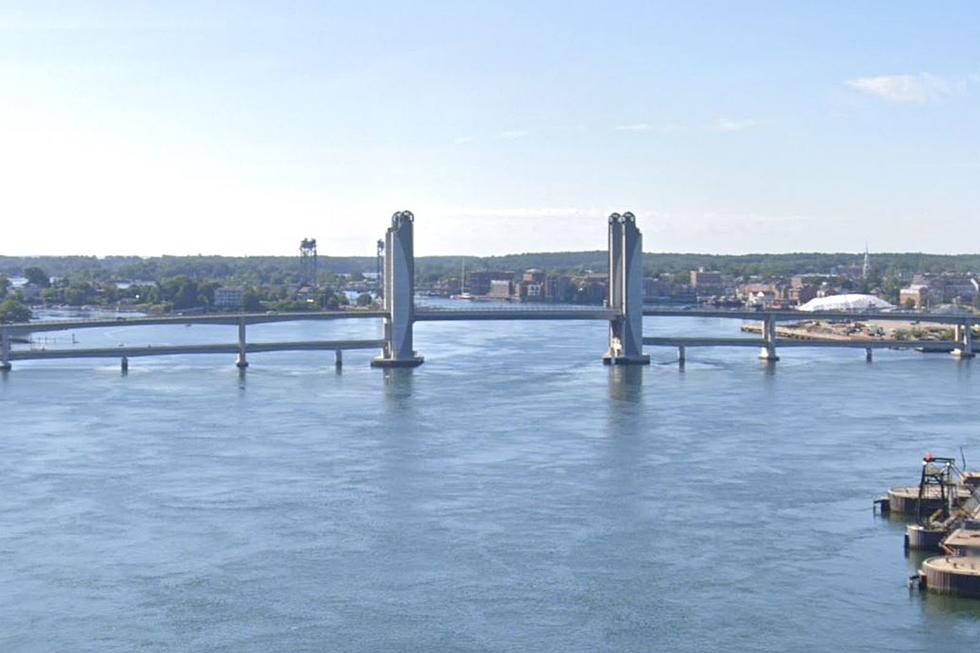
A Watery Grave Lies at the Bottom of the Piscataqua River Between Maine and New Hampshire
Many things have sunk to the depths of Maine and New Hampshire's oceans, lakes, and rivers, most of them by accident. There are two World War II planes at the bottom of Sebago Lake, entire towns are submerged in Rangely Lake, and there's a train at the bottom of the Piscataqua River between Maine and New Hampshire.
Before the Sarah Long Bridge was built, a wooden bridge called the Portsmouth Bridge spanned the Piscataqua River between Portsmouth, New Hampshire, and Kittery, Maine. An old photo of the Portsmouth Bridge can be seen here.
Built in 1822, it carried people in horse-drawn carriages across the river and into the neighboring state, and in 1844, railroad tracks were added to carry the Boston and Maine Railroad as well. Eventually, the bridge was partially closed to only allow train traffic.
In 1939, tragedy struck when B&M locomotive 3666 was carrying passengers from Portland to Concord, New Hampshire. Here's a photo of the locomotive. Suddenly, the bridge collapsed under the weight of the train. The locomotive, coal tender, and one passenger car plunged into the river. No one was in the first passenger car which uncoupled from the cars behind it, saving the 12 passengers from death. Unfortunately, the engineer and fireman member drowned.
Locomotive 3666 still lies at the bottom of the Piscataqua River, not far from where the Sarah Mildred Long Bridge is today. Like the World War II planes at the bottom of Sebago, the location of this locomotive is a gravesite, and as far as I know, has not been visited like the planes in Sebago have.
Fill This Mountainside Mansion With 25 Of Your Closest Friends For The Ultimate Maine Getaway
Gallery Credit: Joey
LOOK: Here is the richest town in each state
Gallery Credit: Meagan Drillinger



